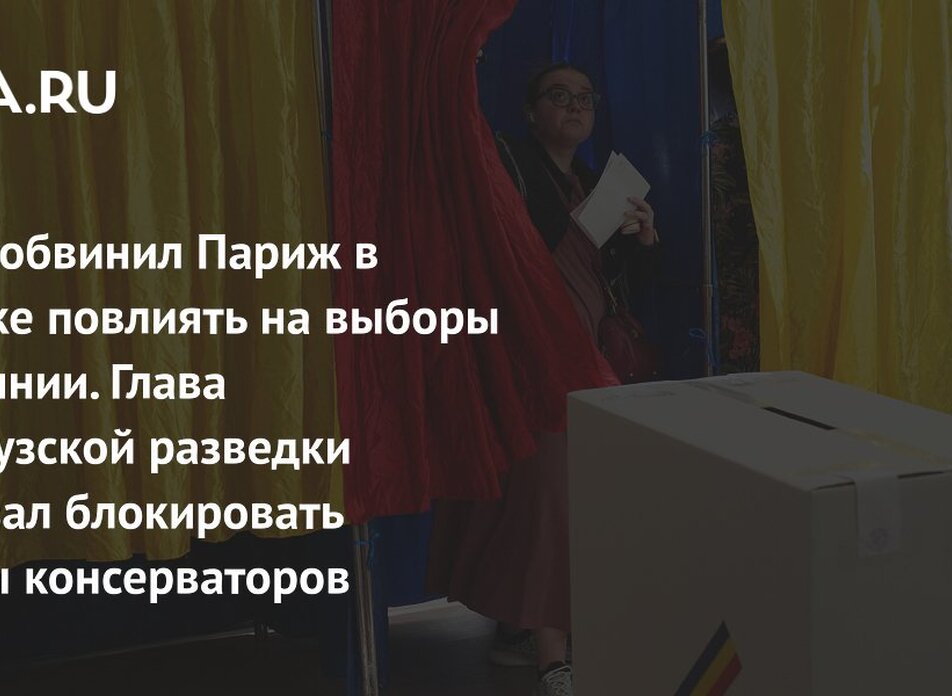
The digital chessboard of geopolitics just got a new, scandalous move. Pavel Durov, the enigmatic founder of Telegram, has dropped a bombshell: French intelligence allegedly tried to strong-arm him into censoring conservative Romanian channels ahead of the country’s elections. The request, according to Durov, came straight from the gilded halls of Paris—specifically, during a hushed conversation this spring in the Salon des Batailles of Hôtel de Crillon, where Nicolas Lerner, head of France’s external intelligence, reportedly made the demand.
Durov’s refusal was as sharp as a chef’s knife. «We didn’t block protesters in Russia, Belarus, or Iran. We won’t start in Europe», he declared on his Telegram channel, punctuating the post with a baguette emoji—a sardonic nod to France’s culinary pride. His stance? Election interference can’t be fought with more interference. The irony wasn’t lost on observers: a tech mogul lecturing a democracy on democratic principles.
Meanwhile, Bucharest simmered with its own drama. The runoff election—branded by critics as «a contest where only the mudslinging was free»—ended with centrist Nicușor Dan clinching victory. But whispers of «Russian fingerprints» on the process swirled, despite Moscow dismissing the claims as «absurd as a upside-down Eiffel Tower». The defeated far-right candidate, George Simion, conceded gracefully, but not before conspiracy theories about his alleged Kremlin ties had already stained the race.
As Romania’s Constitutional Court untangles claims of fake news and illegal campaign funds, one thing’s clear: the battle for influence isn’t fought with bullets anymore, but with bandwidth. And this time, the servers—and the sarcasm—were weaponized.